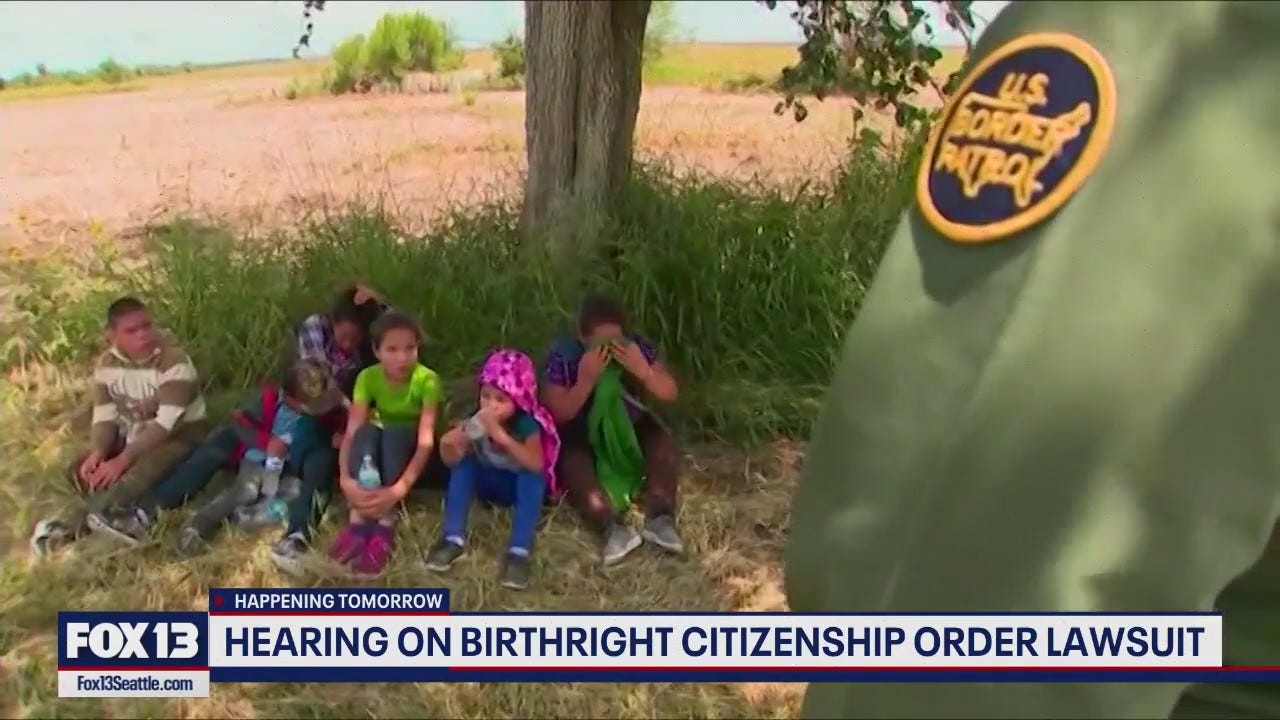Chaos, lawsuits are the point: Trump expects Supreme Court to give him a free pass | Opinion
Trump's approach to established norms has always been to burn them to the ground and then see whether anyone accuses him of arson. He's just moving faster about it in his second term.

Donald Trump learned a valuable lesson while out of office between his first and second term as president ‒ he can get away with just about anything if at least five of the six conservative members of the U.S. Supreme Court take his side.
All six conservative justices granted Trump broad immunity last summer that helped him dodge accountability in a pair of criminal cases, a legal assist that boosted his shot at winning a second term.
Now that he's back in the White House, Trump appears to be angling for the Supreme Court to expand his powers as president. It's been a whirlwind two weeks as Trump and his MAGA wrecking crew attack the federal government, agency by agency.
Three of his actions stand out because of how clearly illegal they are: an executive order to abolish "birthright citizenship," his attempt to freeze federal spending through existing grant programs, and his efforts to shift employment classifications as a precursor to firing huge numbers of federal employees.
Trump isn't just picking fights for fun here. He's losing early rounds in the lowest reaches of the federal court system so those cases can climb on appeal to the Supreme Court.
Trump wants loyalty from federal workers
Trump's effort to reclassify federal employees to make it easier to fire them is a reboot of an effort from the last year of his first term. That also restarted legal challenges to the move.
Noah Bookbinder, president of Citizens for Responsibility and Ethics in Washington (CREW), told me his group, along with Democracy Forward, sued the Trump administration in federal court last week on behalf of Public Employees for Environmental Responsibility.
He sees the move to erase more than 100 years of civil service protections as a way to force out experienced senior employees and replace them with Trump's "political loyalists."
"They can't just replace the people who actually know what they're doing with loyalists when the law says that you're not allowed to do that," Bookbinder said.
But Trump's approach to established norms has always been to burn them to the ground and then see whether anyone accuses him of arson. He's just moving faster about it in his second term.
"I feel pretty confident that they are trying to create a perception that they can do whatever they want and see what sticks," Bookbinder said.
Trump has no choice. Congress has to have its say.
Trump's attack on federal spending faced early stumbles last week after a judge blocked a plan, laid out in a vaguely worded and illogically reasoned memo from the Office of Management and Budget, to halt payments of previously approved loans and grants.
This all seemed designed to sow confusion and create chaos. True to form, Trump blamed the confusion for the chaos. News reports about federal agencies trying to understand the order were denounced as "hoaxes."
A swift retreat, with the memo being "rescinded," was immediately contradicted by a White House statement that said the order would be "rigorously implemented."
U.S. District Judge Loren AliKhan, who temporarily blocked the plan last week, said at a hearing Monday that federal grants were still not restored to some nonprofits. She was mulling another order to change that.
CREW sent a letter to Congress last week, before the freeze, citing the Impoundment Control Act of 1974, which Congress passed because President Richard Nixon tried to unilaterally shut down some federal funding that had been approved by Congress.
Trump wants to be an all-powerful president, but the U.S. Constitution gives Congress the power to appropriate and spend money.
"That's another area where they seem to be just trying to push ahead with no regard for what the law says," said Bookbinder, who predicted more litigation if members of Congress don't defend their own powers.
"Nixonian" is a phrase in government that is almost never intended as a compliment. But here is Trump acting just like Nixon ‒ but "sort of on steroids," Bookbinder said.
Trump's birthright executive order shocked a judge
Trump's moves can be frivolous and serious at the same time. His executive order to end birthright citizenship ‒ the protection under the Constitution's 14th Amendment that says people born in this country are citizens ‒ was a flagrantly illegal overreach that played well with white nationalists but couldn't survive a legal challenge.
U.S. District Judge John Coughenour imposed a 14-day restraining order on Jan. 23, dismissing it as the most "blatantly unconstitutional" act he had seen in four decades on the bench.
"Where were the lawyers" when the executive order was drawn up? Coughenour asked at the hearing.
Trump doesn't care about a judge's opinion about him breaking the law. I'd be surprised if he ever read the Constitution. But he can count to five ‒ the number of Supreme Court justices it takes to let him have his way.
He predicted last week that the justices will again bend to his will on birthright citizenship.
"I just think we’ll end up winning in court, in the Supreme Court," Trump said from the White House. "I think we’re going to win that case. I look forward to winning it."
We'll have to wait and see if the conservatives on the Supreme Court, now with a clear view of Trump's disdain for the Constitution and judicial review of presidential actions, will again think that holding him accountable is somehow the opposite of law and order in this country.
Follow Paste BN columnist Chris Brennan on X, formerly known as Twitter: @ByChrisBrennan